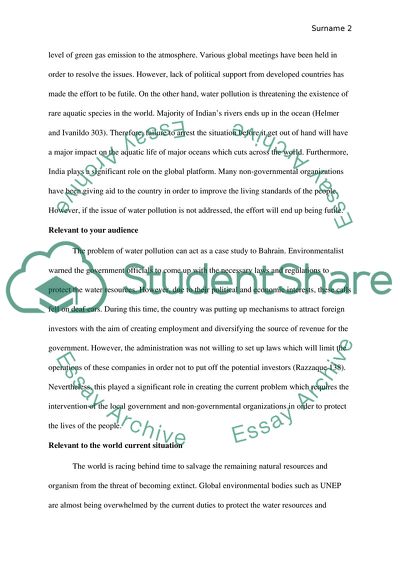Cite this document
(Should the Government Spend Money to Control Water Pollution in India Term Paper, n.d.)
Should the Government Spend Money to Control Water Pollution in India Term Paper. https://studentshare.org/environmental-studies/1874092-should-the-government-or-ngos-spend-money-to-control-water-pollution-in-india
Should the Government Spend Money to Control Water Pollution in India Term Paper. https://studentshare.org/environmental-studies/1874092-should-the-government-or-ngos-spend-money-to-control-water-pollution-in-india
(Should the Government Spend Money to Control Water Pollution in India Term Paper)
Should the Government Spend Money to Control Water Pollution in India Term Paper. https://studentshare.org/environmental-studies/1874092-should-the-government-or-ngos-spend-money-to-control-water-pollution-in-india.
Should the Government Spend Money to Control Water Pollution in India Term Paper. https://studentshare.org/environmental-studies/1874092-should-the-government-or-ngos-spend-money-to-control-water-pollution-in-india.
“Should the Government Spend Money to Control Water Pollution in India Term Paper”. https://studentshare.org/environmental-studies/1874092-should-the-government-or-ngos-spend-money-to-control-water-pollution-in-india.


